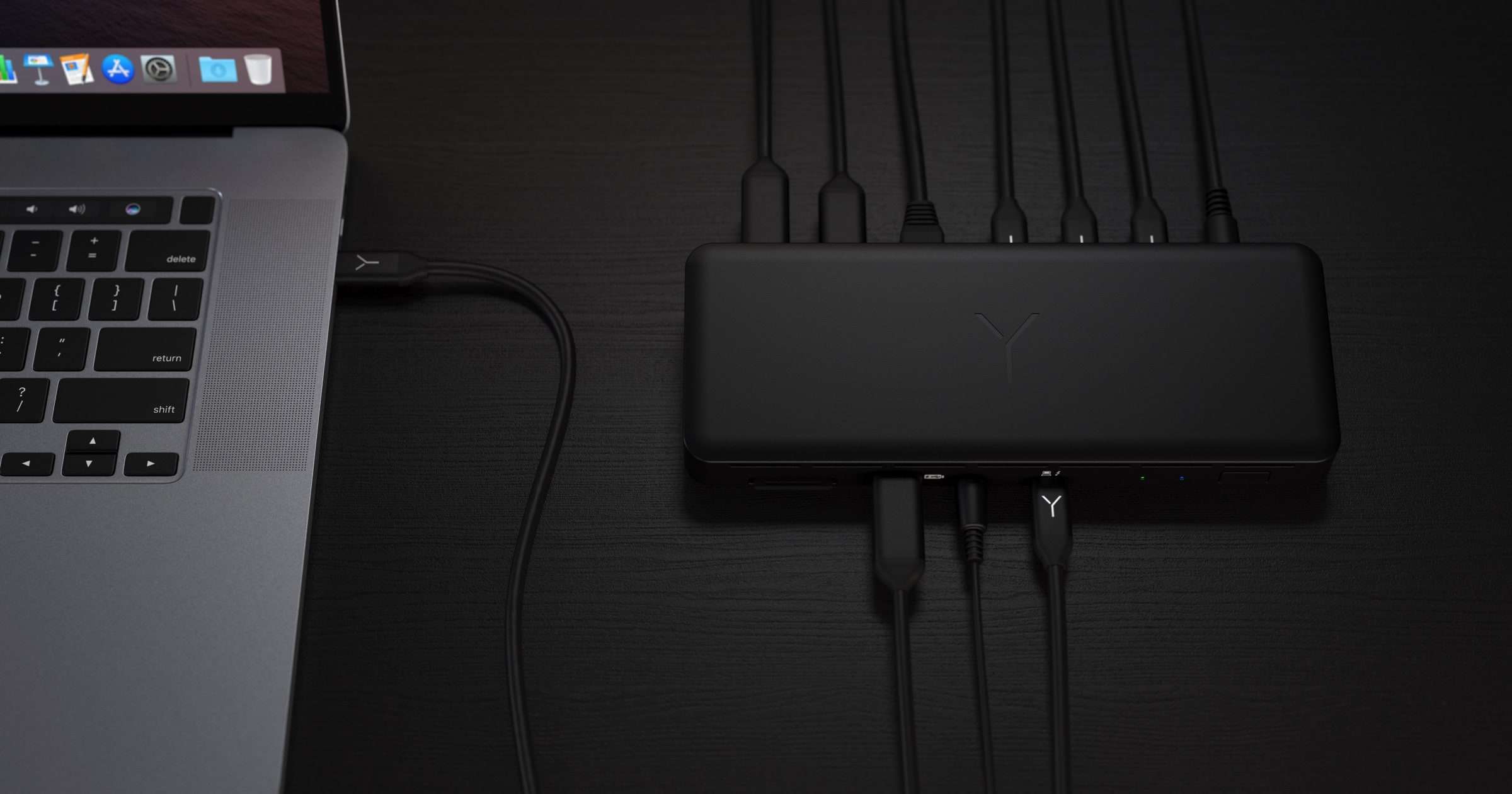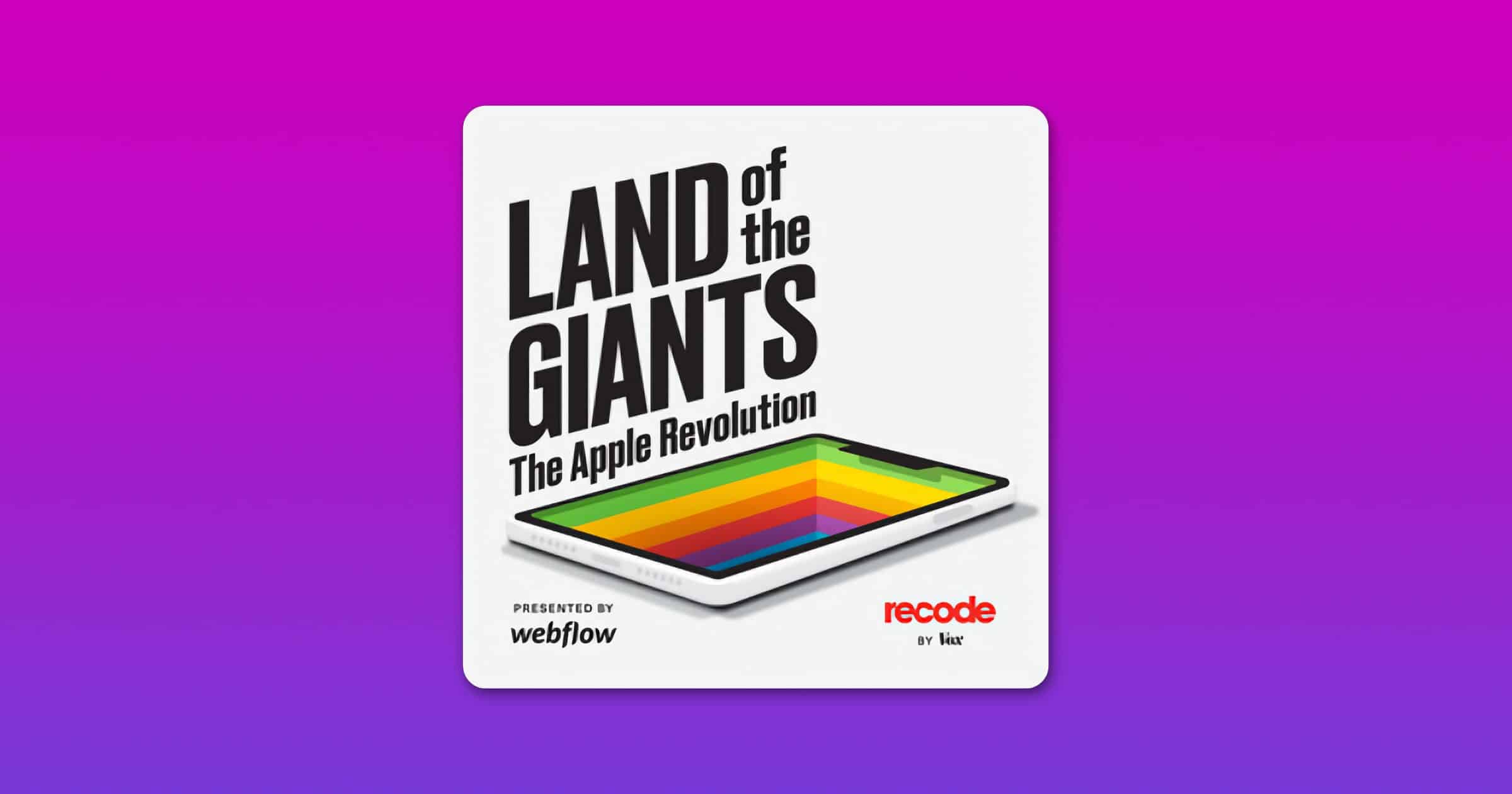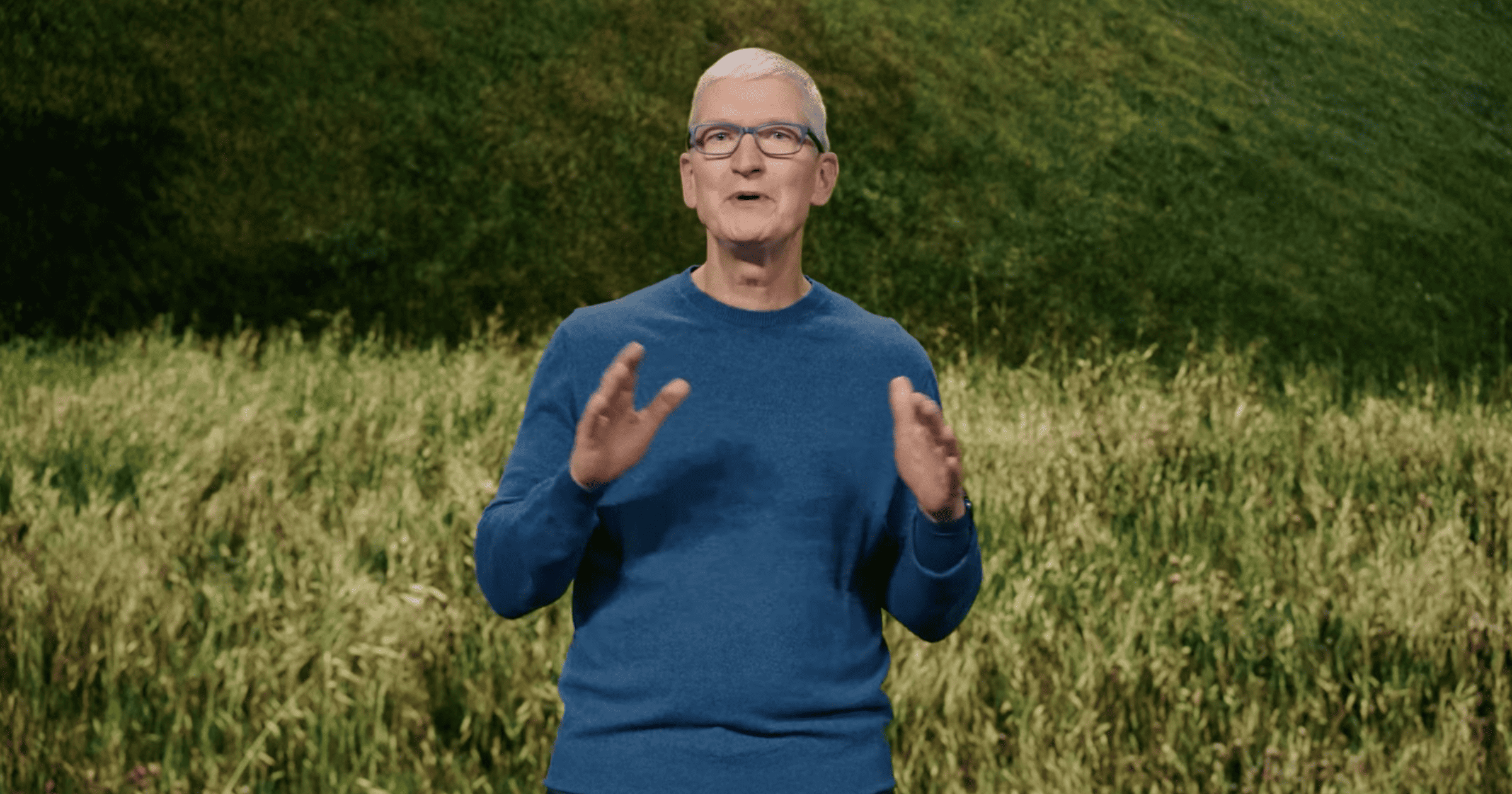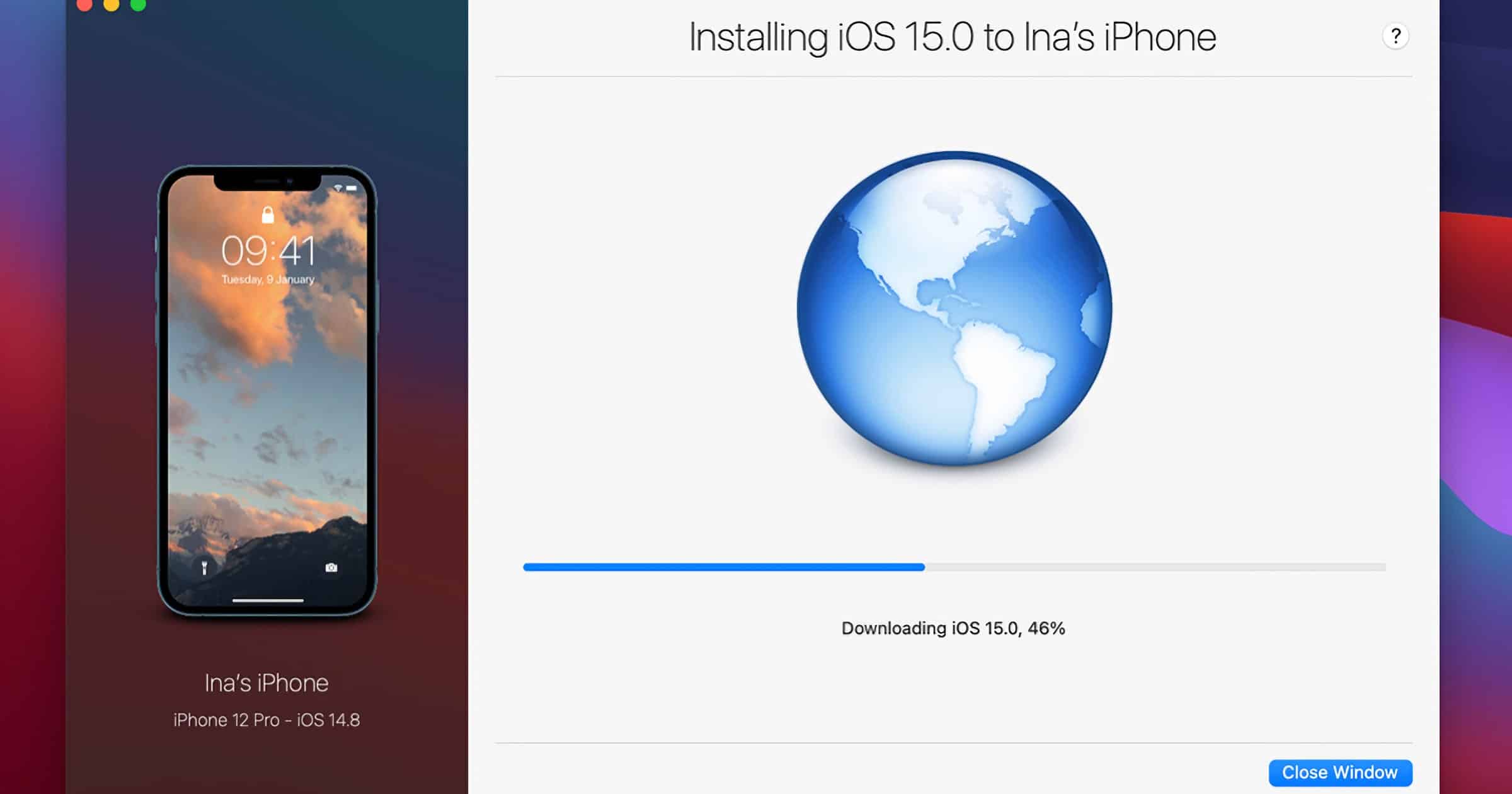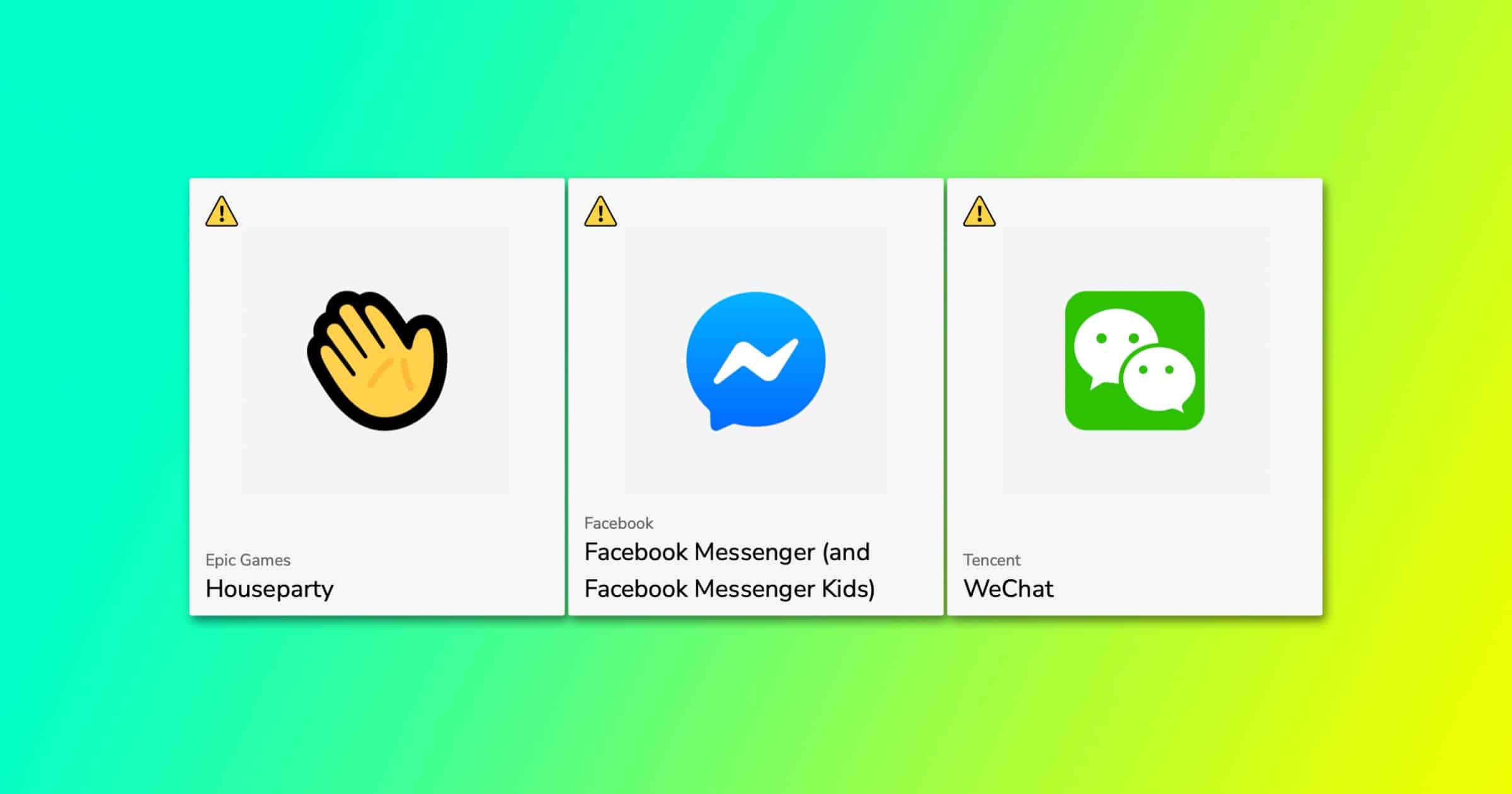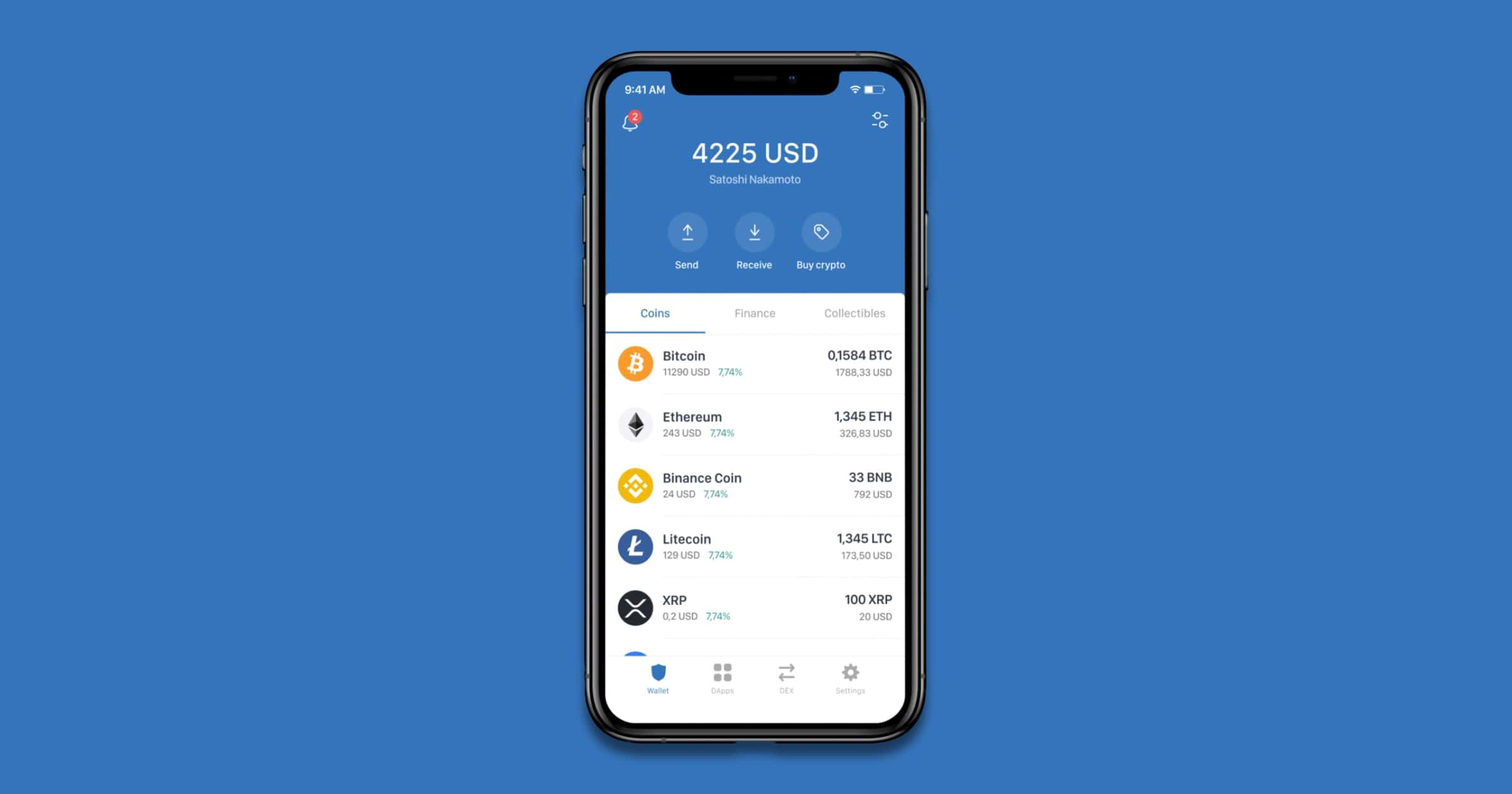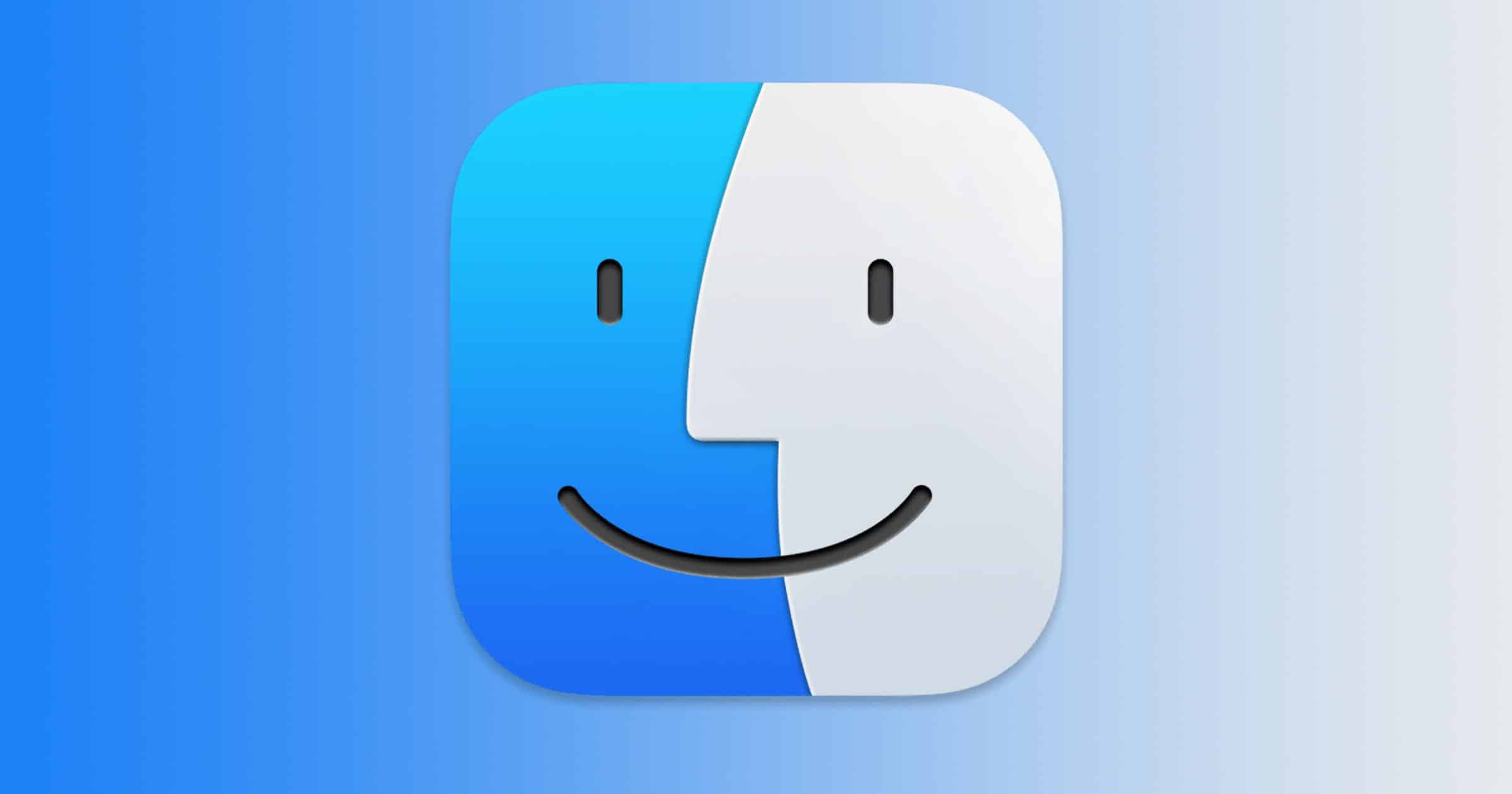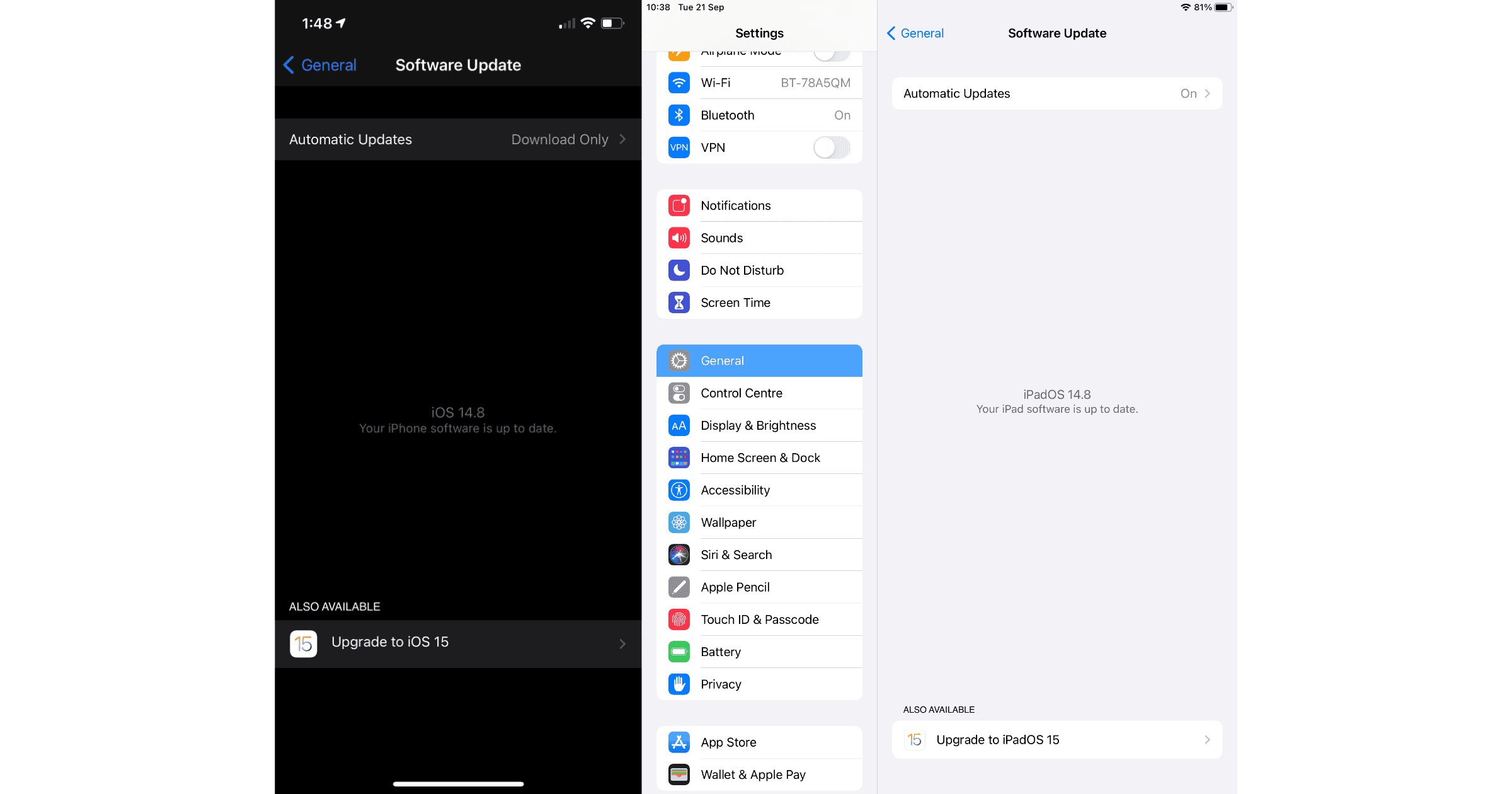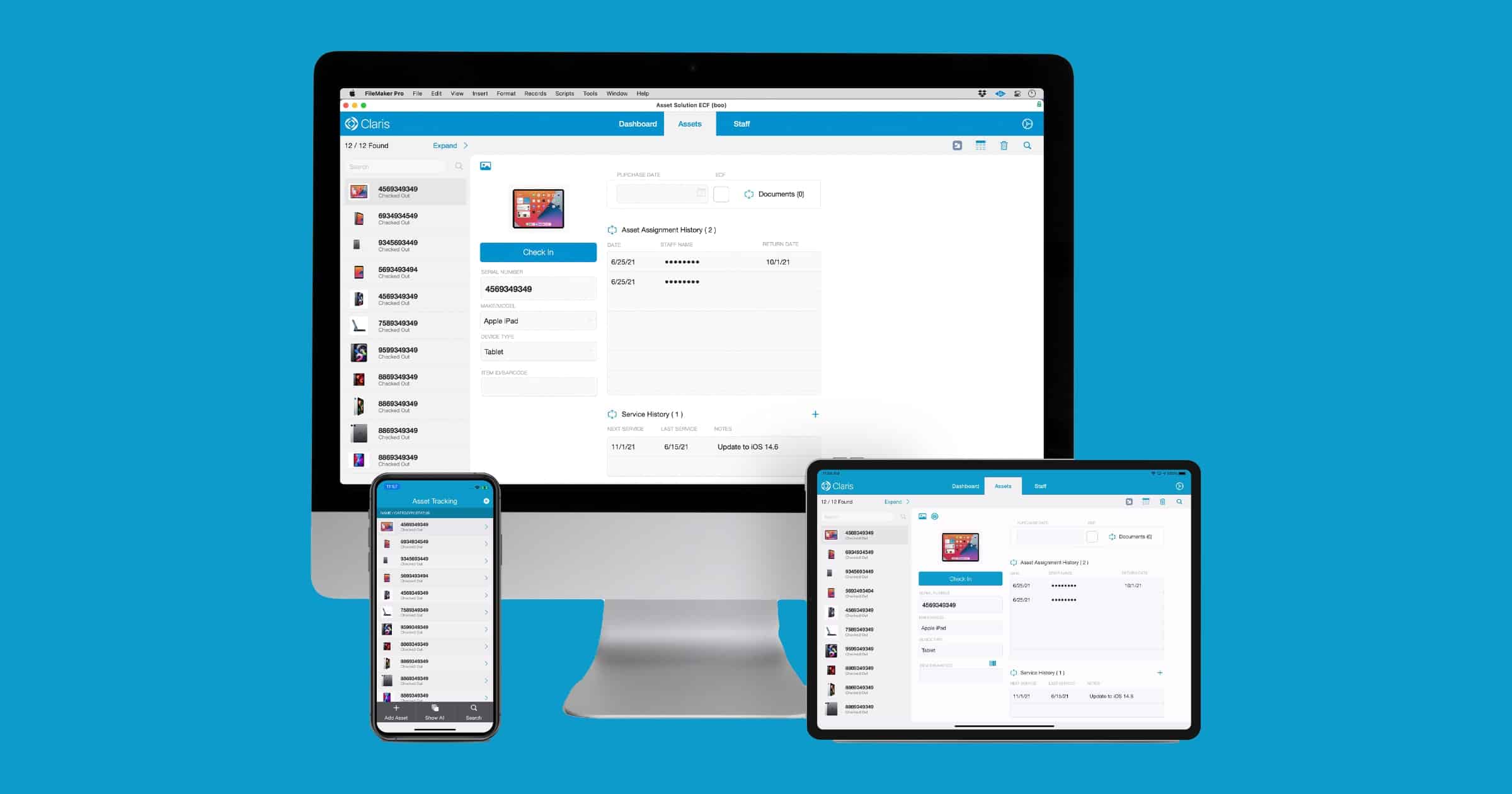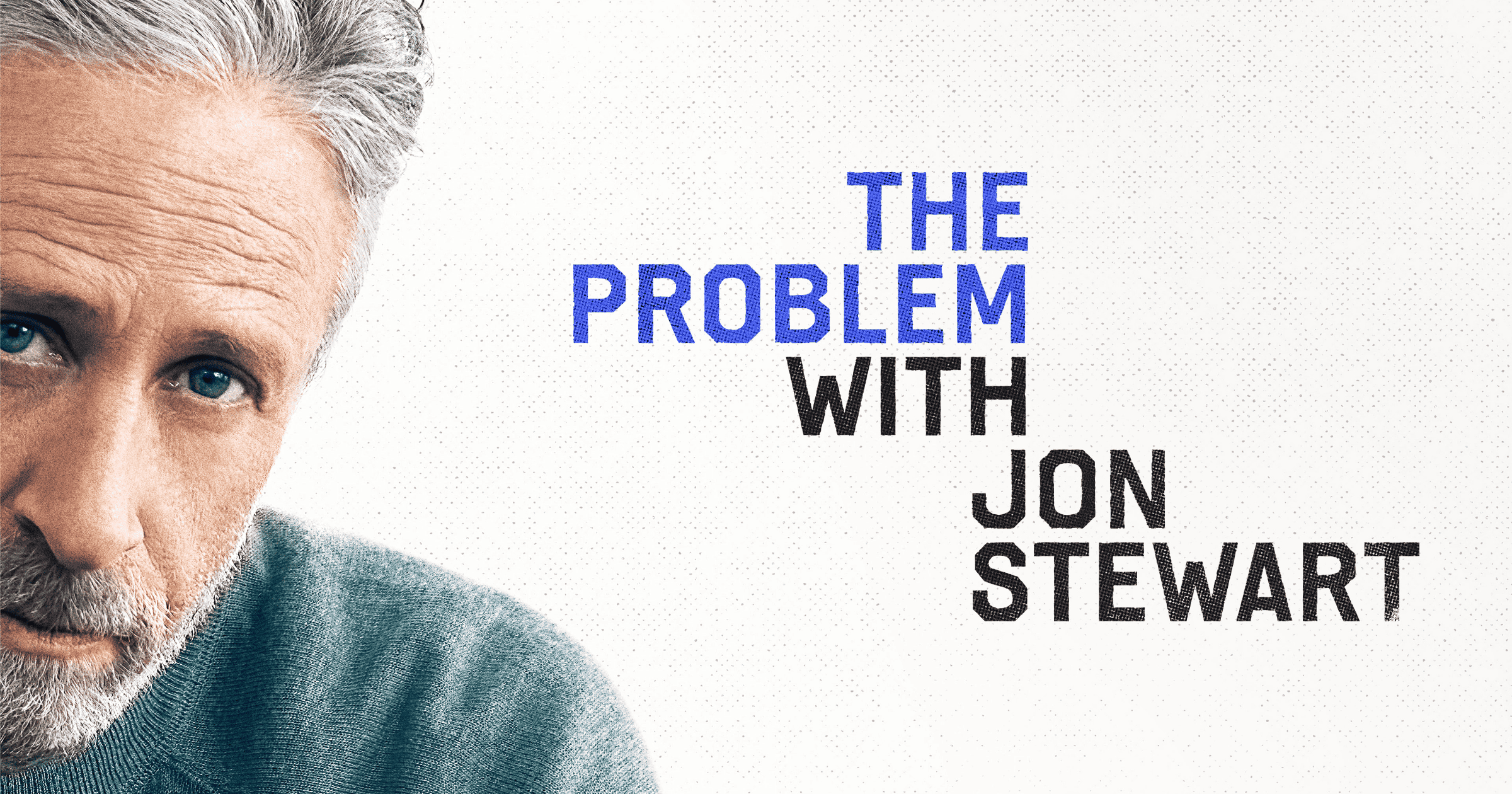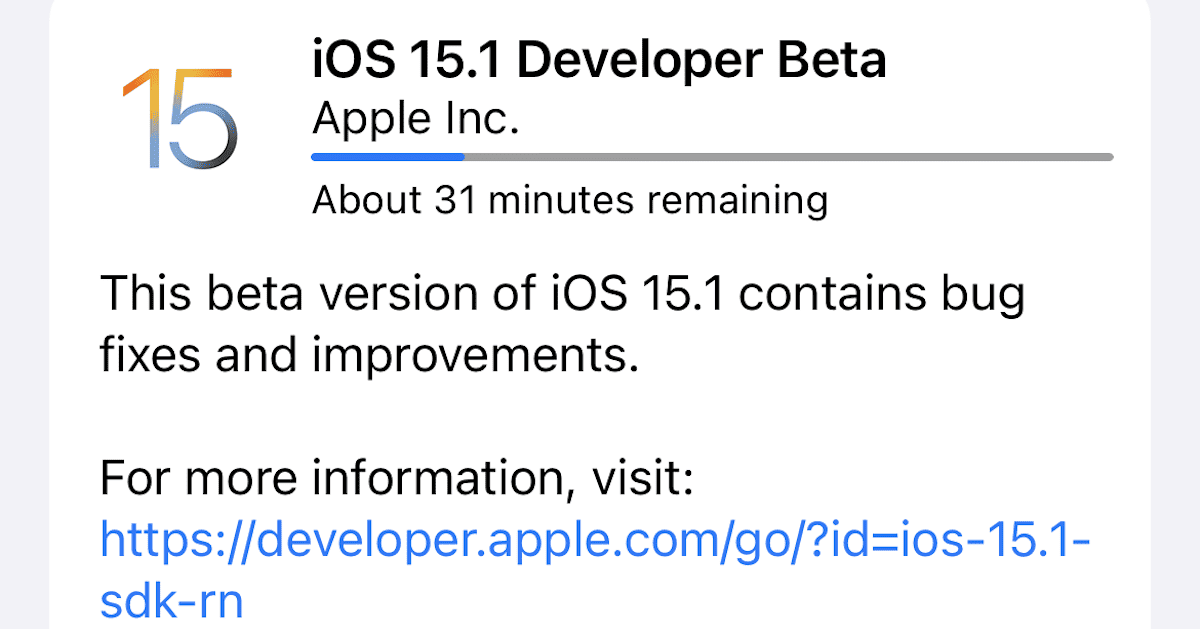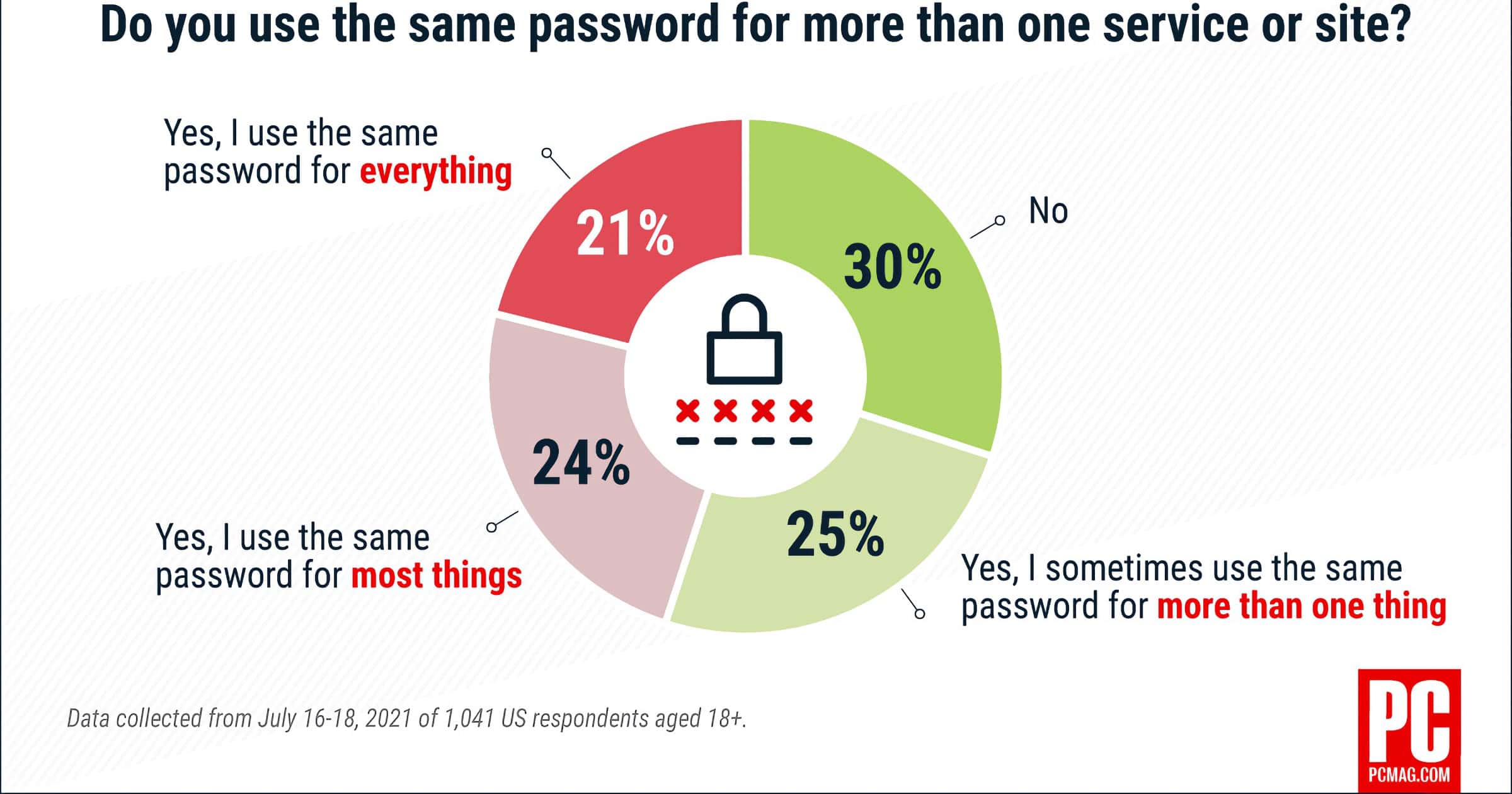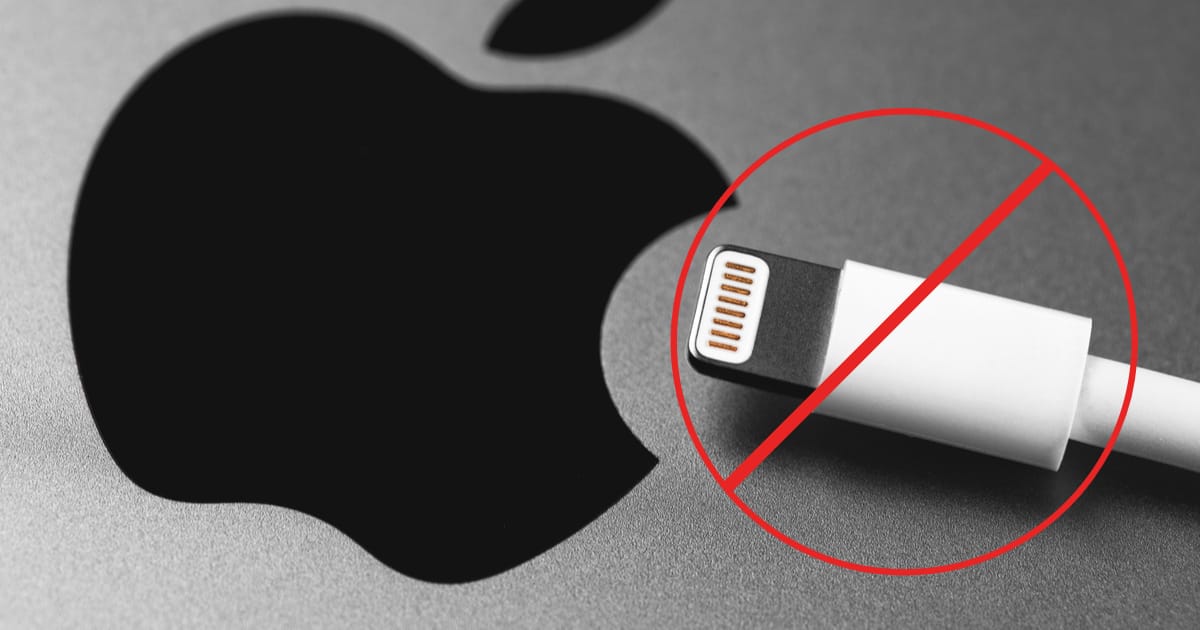Charlotte Henry and Jeff Butts join host Kelly Guimont to discuss first impressions of the new iOS 15, including Focus and notification styles.
Brydge Releases 'Stone Pro TB4' Universal Docking Station
Brydge has released a Stone Pro TB4 universal docking station. It supports Thunderbolt 4 and is compatible with Windows 10 | 11, macOS, and ChromeOS.
Once a Upon a Time, Phones Were Phones. Then the iPhone Came Along
Vox has launched the newest season of its podcast Land of the Giants. In the first episode they talked to Apple executives about how the iPhone changed everything.
True story. Once upon a time, mobile phones were … phones. You used them to make phone calls. Maybe you’d send some texts, if you were kind of advanced. The iPhone changed all that. And it changed more than the way we used phones: It changed Apple, and it changed culture, and it overturned industries and created new ones. And all of that happened really, really fast: Steve Jobs introduced the iPhone just 14 years ago. But it’s already almost impossible to imagine what life was like before that.
Tim Cook Memo Asking Apple Staff Not to Leak Gets Leaked
Tim Cook has said leakers at Apple “do not belong here” in a memo…that was, inevitably, leaked to ‘The Verge’.
iMazing Update Supports iOS 15, Podcasts, and Continues Spyware Detection
iMazing has been updated to 2.14.3, which adds support for iOS 15, macOS Monterey, and adds a new feature.
Apple TV+: Sharon Horgan to Write and Star in Dark Comedy Series
‘Catastrophe‘ creator Sharon Horgan is to star in an upcoming dark comedy for Apple TV+, adapted from the Flemish series Clan.
Urban Armor Gear Launches Rugged iPhone 13 Cases
Urban Amor Gear announced a line of rugged iPhone 13 cases. The Civilian Series, Essential Armor, Metropolis Series, and others are ready.
Mozilla Adds Facebook Messenger, Houseparty, and WeChat to 'Privacy Not Included' Guide
In a review of the privacy features of 21 popular video call apps, Mozilla said Apple’s FaceTime is safe, while WeChat, Houseparty, and Facebook Messenger are not.
Says Jen Caltrider, *Privacy Not Included Lead at Mozilla: Video call apps are now a routine part of millions of people’s lives. And even when the pandemic recedes, that won’t change. In this new world, people deserve to know if the apps they’re using everyday respect their privacy — or if they’re snooping on them. While video call apps may feel more intimate than social media platforms, there’s still a ton of data being collected, stored, and shared. For that reason, users should assume that anything they say on a video call app could be made public.
Binance Trust Wallet Adds Support for Unstoppable Domains
Binance announced support for Unstoppable Domains on Wednesday. This gives customers easy NTF domain names like “username.wallet.”
macOS Finder Bug Lets Certain Files Run Arbitrary Commands
Researcher Park Minchan reported a bug within macOS Finder that lets certain files execute commands. It affects all versions of macOS up to Big Sur.
A vulnerability in the way macOS processes inetloc files causes it to run commands embedded inside, the commands it runs can be local to the macOS allowing the execution of arbitrary commands by the user without any warning / prompts.
Originally, inetloc files are shortcuts to an Internet location, such as an RSS feed or a telnet location; and contain the server address and possibly a username and password for SSH and telnet connections; can be created by typing a URL in a text editor and dragging the text to the Desktop.
Jon Stewart Explains Why New Apple TV+ Series is Not ‘The Daily Show’
Jon Stewart is the cover star in the latest edition of The Hollywood Reporter [available with an Apple News+ subscription]. In an extensive interview, he explains why his new biweekly series coming to Apple TV+ Is very much not The Daily Show.
I like that this is more of a conversation. It’s probably a terrible pitch for the show — “it’s The Daily Show, but less entertaining” — but also maybe more complete. And people will ask, “How are you going to live up to expectations?” Well, I’m not, and I never have. That’s not why we do it. We make things, and sometimes those things disappoint people and sometimes they really like them.
'The Tragedy of Macbeth' Coming to Apple TV+ January 14
‘The Tragedy of Macbeth’ will be available in theaters from December 25, and on Apple TV+ from January 14, 2022.
How Many Times Was The 'Ted Lasso' Intro Music Heard at The Emmys?
If you were watching the Emmys on Sunday you probably noticed the Ted Lasso intro music was played a lot. Luckily, Vulture kept score and shared exactly how many times viewers heard that now-famous “yeaaaah.”
Apple TV+’s lovable transatlantic football comedy Ted Lasso went into this year’s Emmy Awards ceremony as a record-breaker, with an unprecedented 20 nominations across various categories. But what the Emmys maybe failed to realize when they heaped those noms upon Ted Lasso was that every time one was announced during the ceremony, some anonymous wielder-of-the-aux (Reggie Watts, perhaps?) played the same few seconds of the show’s music — namely, the most famous yeeeeeeaahh to start off a theme song this side of CSI. So how many times did we hear that ripper of a note by *checks notes* Marcus Mumford? Really???
Media and OS Updates – TMO Daily Observations 2021-09-21
Charlotte Henry joins host Kelly Guimont to discuss Apple’s Emmy results, and all the recent updates to every single software platform.
iOS 15 and iPadOS 15 Are Optional Updates
iOS and iPadOS 15 were both released on Monday, and they are presented more as an option than an essential update.
Two Apple Watch Nightstand Tips You Should Know
Check out these two quick tips for your Apple Watch Nightstand, then watch Mac Geek Gab 889 for more!
Claris Brings 'ECF Records Manager' to K-12 Schools
On Tuesday, Claris International announced the general availability of ECF Records Manager. It’s an app created to help K-12 schools and libraries meet the requirements of a new US$7 billion federal program to support remote learning.
The FCC’s ECF Program provides more than $7 billion in funding to help K-12 schools and libraries address the homework gap by purchasing tools and services that support remote learning. This program also requires schools and libraries to keep specific device or equipment data as well as user, usage and service information and “any and all” records related to applications for funding and reimbursement payments. Required data and documents must be kept for at least 10 years.
Apple TV+ Releases First Look at 'The Problem With Jon Stewart'
A first proper, albeit brief, look at the forthcoming Apple TV+ show ‘The Problem With Jon Stewart’ has been released.
Apple Releases iOS 15.1 Developer Beta
Just a day after releasing the latest version of its operating system, Apple has the first iOS 15.1 developer beta ready for testing.
'Ted Lasso' Scores at The Emmys, 'The Morning Show' is Back— Media+
Awards Correspondent Bryan Chaffin returns to Media+ to discuss a big night at the Emmys for the ‘Ted Lasso’ team. He and host Charlotte Henry also give their verdict on the opening episode of season two of ‘The Morning Show’.
Demystifying T-Mobile’s New “5G UC" Icon
If you noticed your iPhone 12 suddenly showing a “5G UC” icon, that’s actually a good thing. Jeff Butts explains what it means.
70% of People use the Same Password for Multiple Websites
A report of a survey (n=1,041) reveals that 70% of respondents said they reuse the same password for multiple websites.
The numbers above from our recent survey of 1,041 adults age 18 or older in the US say it all. A full 70% of the respondents admitted they use the same password for more than one thing—sometimes (25%), most of the time (24%), or all of the time (21%). If you don’t know why that’s bad, read on: When someone gets your password for just one service, they have your password for everything. Since most online accounts assign your email address as a username, it doesn’t take Mr. Robot to crack that code.
One of our recurring tips for Security Friday is to use a password manager. This helps you easily create unique, secure passwords for anything.
EU Wants Phones to Use USB-C Chargers by 2024
A proposal to force all smartphone manufacturers to adopt USB-C chargers is on the table. It’s expected to take effect no earlier than 2024.
iPhones Could Detect Autism, Depression, Cognitive Decline One Day
A report on Tuesday claims that Apple is working on technology that could help iPhones detect your depression, autism, and more.

